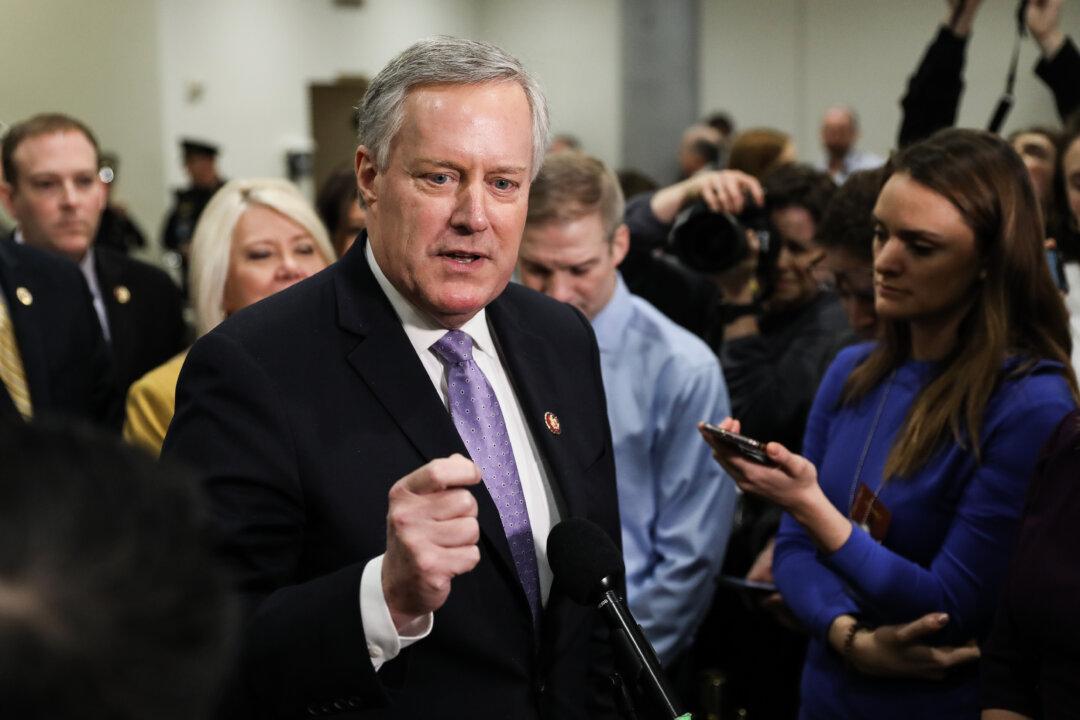Fulton County District Attorney Fani Willis’s office said former White House Chief of Staff Mark Meadows’s actions during the 2020 elections constituted “federal meddling” not protected by the Constitution, in a response to Mr. Meadows’s appeal, filed just before midnight on Monday.
“Federal officer removal ... is designed to protect federal authority, but in this case, there is no federal authority to protect,” the filing reads. “Appellant and his codefendants engaged in activities designed to accomplish federal meddling in matters of state authority.”





